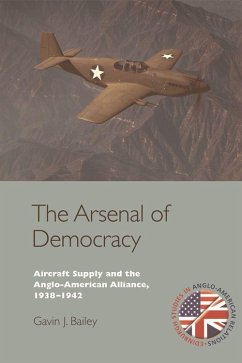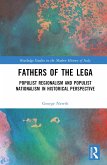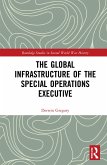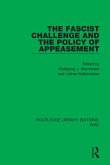Edinburgh Studies in Anglo-American Relations Series Editors: Steve Marsh and Alan P. Dobson Relations between Britain and America constitute arguably the world's single most important bilateral relationship from the Second World War, through the Cold War and into the present. This series investigates from different perspectives and disciplines the numerous triumphs and travails of the Anglo-American relationship and engages the sometimes fierce and partisan debates about its 'special' character, its relative significance over time and portents for its future. A critical re-examination of the conduct and outcome of Anglo-American wartime aircraft supply diplomacy From a position of marginal importance, American aircraft supply was propelled to the heart of Allied wartime diplomacy as a result of the catastrophic events of 1940, becoming the core of Allied supply requirements from America and leading directly to the evolution of Lend-Lease in 1941. Aircraft supply was fundamental to the creation of the Anglo-American wartime alliance, and a detailed re-appraisal reveals serious shortcomings with the conventional understanding of that alliance. British appeals for American aid were driven by a long-term diplomatic strategy disconnected from the immediate value of available aid. The contemporary sense of value associated with that aid was limited by quantitative and qualitative constraints which have not been fully recognized before. The British reacted to these shortcomings by increasing their own production of heavy bombers after the perceived failure of American supply in 1941, and by supplying Spitfire fighters to the US in 1942 to secure the production and development of the Mustang fighter with the Merlin engine. These and other examples reveal a complex relationship of interdependency rather than of the dependency which characterises our understanding to the present. Key Features Examines key case studies including Spitfire and heavy bomber supply diplomacy Deals with the objectives and outcomes of British supply diplomacy and how this was informed by the value of American aid Surveys the employment of American aircraft in RAF service and how this influenced supply diplomacy Reveals important shortcomings with the conventional understanding of the Anglo-American relationship Gavin J. Bailey has a PhD from the University of Dundee.








